Animal shelters across the globe are vital institutions dedicated to the care and rehoming of pets in need. Among these pets, dogs represent a significant proportion, with certain breeds appearing more frequently than others. This prevalence can be attributed to various factors, including breed popularity, temperament challenges, and the demands of specific care needs that may overwhelm unprepared owners. Understanding which dog breeds are most commonly found in shelters can provide valuable insights into the responsibilities of pet ownership and the importance of making informed decisions when choosing to welcome a dog into your home. It also highlights the ongoing need for adoptive families willing to offer a second chance to these deserving animals. Here, we explore the 10 dog breeds that are most commonly found in shelters, delving into the reasons behind their presence and advocating for their adoption.
1. American Pit Bull Terrier
The American Pit Bull Terrier frequently tops the list of breeds found in shelters, largely due to misconceptions and breed-specific legislation. Known for their strength, loyalty, and affectionate nature towards humans, Pit Bulls often suffer from the stigma associated with aggression, leading to higher surrender rates. Despite their sometimes intimidating appearance, many Pit Bulls are loving and well-suited to family life. Their presence in shelters underscores the need for advocacy, education, and responsible ownership to combat the breed’s undeserved reputation.
2. Labrador Retriever
As one of the most popular dog breeds in the United States, Labrador Retrievers are also commonly found in shelters. Their popularity sometimes leads to overbreeding and, subsequently, to individuals being surrendered by owners unprepared for their size, energy, and exercise needs. Labs are known for their friendly disposition, intelligence, and versatility, making them excellent companions for active individuals and families willing to invest in their care and training.
3. Chihuahua
Chihuahuas are another breed that frequently finds its way into shelters, partly due to their popularity and the misconception that they are low-maintenance pets. While small in size, Chihuahuas have a big personality and can be quite vocal and demanding. Their tendency to bond closely with a single person can sometimes lead to behavioral challenges, including separation anxiety and aggression. Prospective owners often underestimate the care and attention these small dogs require.
4. German Shepherd
German Shepherds are highly intelligent and versatile dogs, valued for their work in police and military roles as well as their loyalty as family pets. However, their strong protective instincts and high energy levels can be challenging for owners without the time or experience to provide proper training and exercise. As a result, German Shepherds are frequently surrendered to shelters by owners overwhelmed by their needs, highlighting the importance of understanding a breed’s characteristics before adoption.
5. Boxer
Boxers are known for their playful nature and boundless energy, traits that can lead to them being surrendered by owners not prepared for their high exercise and stimulation requirements. Boxers are affectionate and loyal, making them excellent family pets, but they require consistent training and socialization from a young age. Their presence in shelters often reflects a mismatch between the breed’s needs and the owner’s lifestyle, rather than any fault of the breed itself.
6. Beagle
Beagles, with their friendly disposition and adorable expressions, are often adopted without a full understanding of their needs. Bred as scent hounds, Beagles have a strong instinct to follow their noses, which can lead to wandering if not securely contained. Their vocal nature and high energy levels can also pose challenges for unprepared owners. Beagles’ presence in shelters highlights the need for potential owners to research breed-specific traits and exercise requirements.
7. American Bulldog
American Bulldogs are powerful, muscular dogs with a strong loyalty to their families. However, their size and strength, combined with a high prey drive, can make them challenging to handle for inexperienced owners. Without proper training and socialization, American Bulldogs can develop behavioral issues, leading to their surrender. Their presence in shelters underscores the importance of commitment to training and responsible breed ownership.
8. Dachshund
Dachshunds are charming and affectionate but can be stubborn and difficult to train. Their unique body shape also predisposes them to back problems, which can result in costly medical care. Some owners may surrender Dachshunds to shelters due to behavioral issues or the inability to afford their healthcare needs, making it crucial for potential adopters to consider long-term health and temperament.
9. Cocker Spaniel
Cocker Spaniels are known for their gentle and loving nature, but they require regular grooming and can suffer from health issues, including ear infections and eye problems. Their need for regular, professional grooming and potential medical costs can be a burden for some owners, leading to their presence in shelters. Prospective Cocker Spaniel owners should be prepared for the time and financial commitment required for their care
10. Rottweiler
Rottweilers are powerful dogs with a strong guarding instinct, making them excellent protectors of their homes. However, they require firm, consistent training and early socialization to ensure they grow into well-adjusted adults. Without this, Rottweilers can become overly protective and difficult to manage, leading some owners to surrender them to shelters. Understanding and meeting the breed’s needs for leadership and training is essential for a successful adoption.

The presence of these breeds in shelters serves as a reminder of the responsibilities that come with dog ownership. Each breed has its own unique needs and characteristics that must be matched with the right family. Adopting a dog is a long-term commitment that should not be taken lightly. By choosing to adopt from a shelter, potential owners have the opportunity to provide a loving home to a dog in need while gaining a loyal companion. It’s crucial for adopters to research and consider the specific requirements of their chosen breed to ensure a harmonious match that benefits both the dog and their human family.
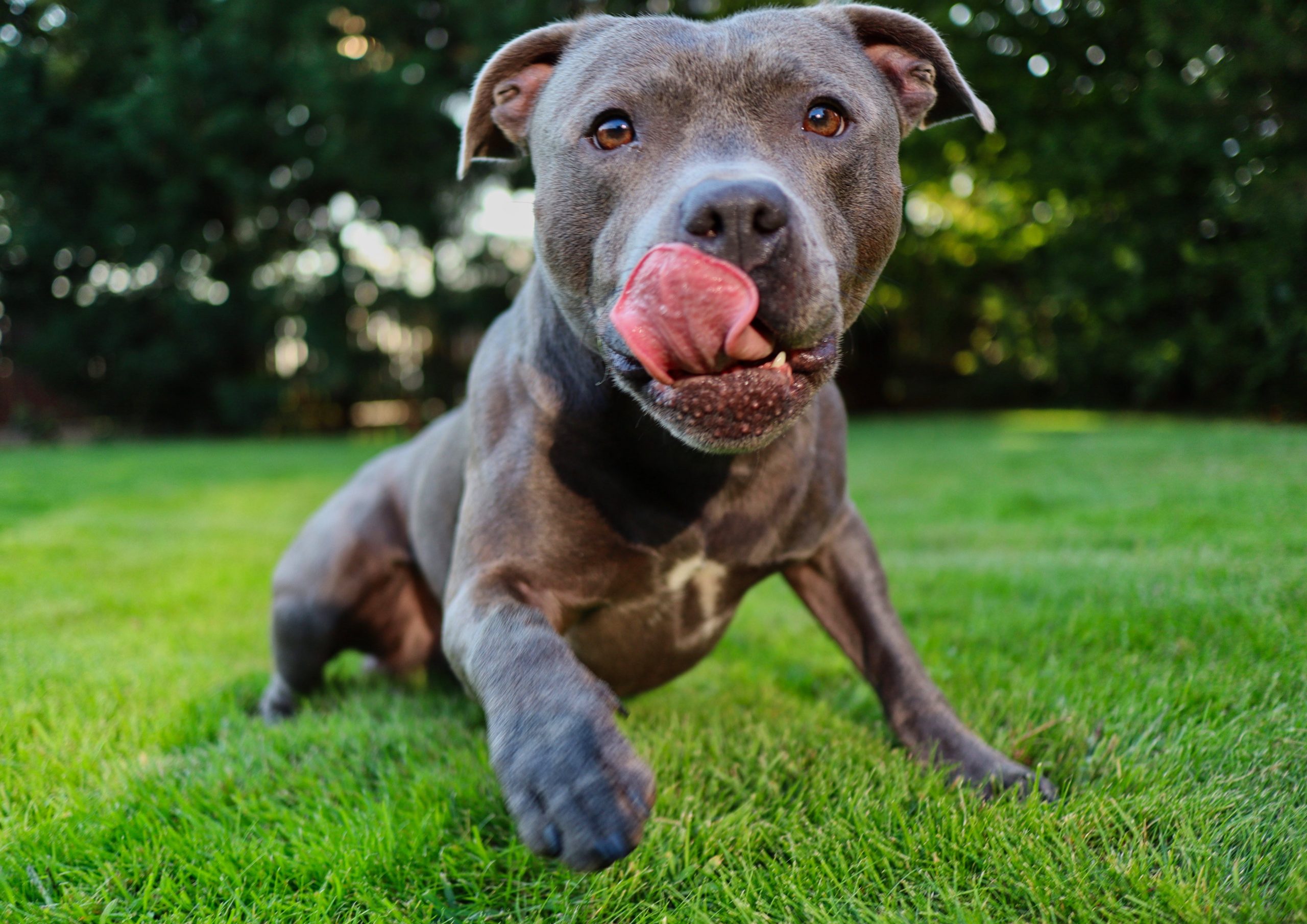
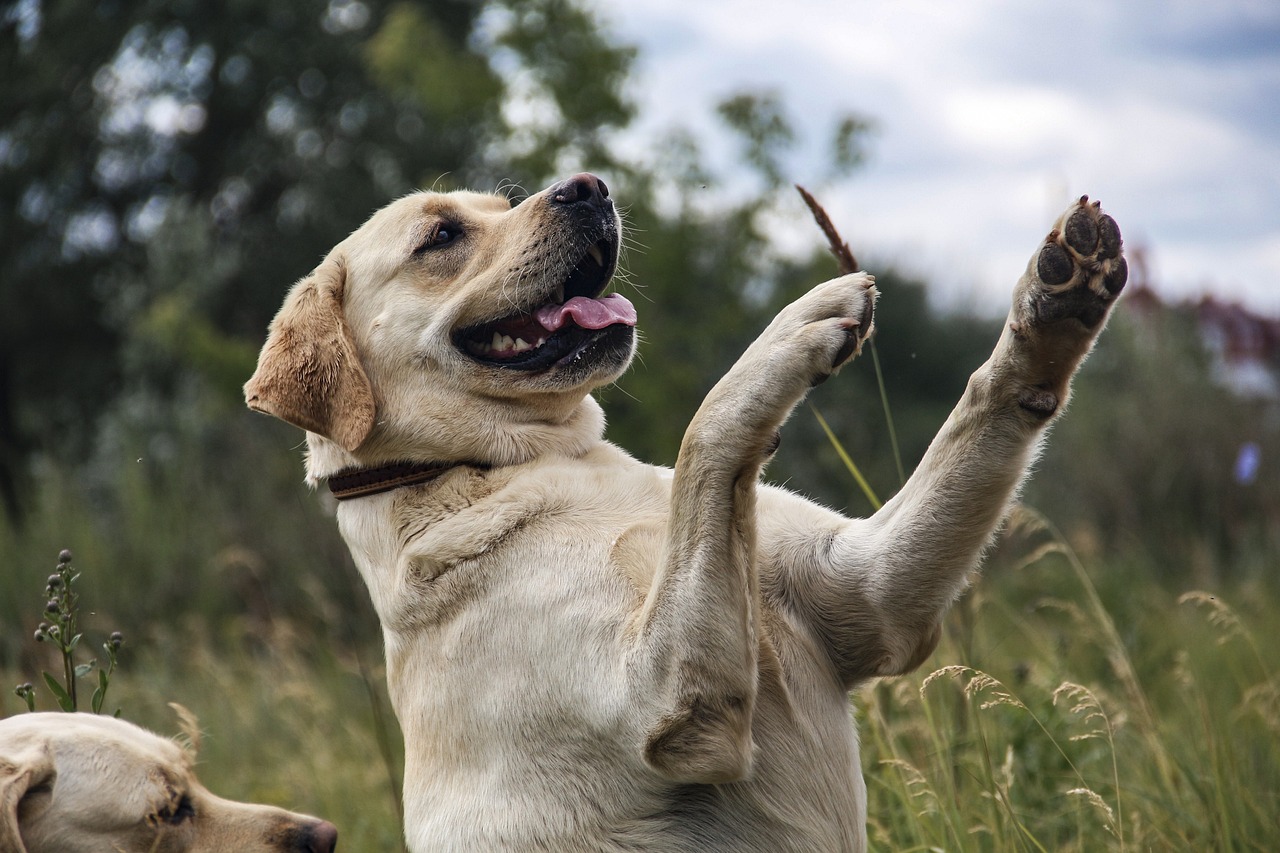
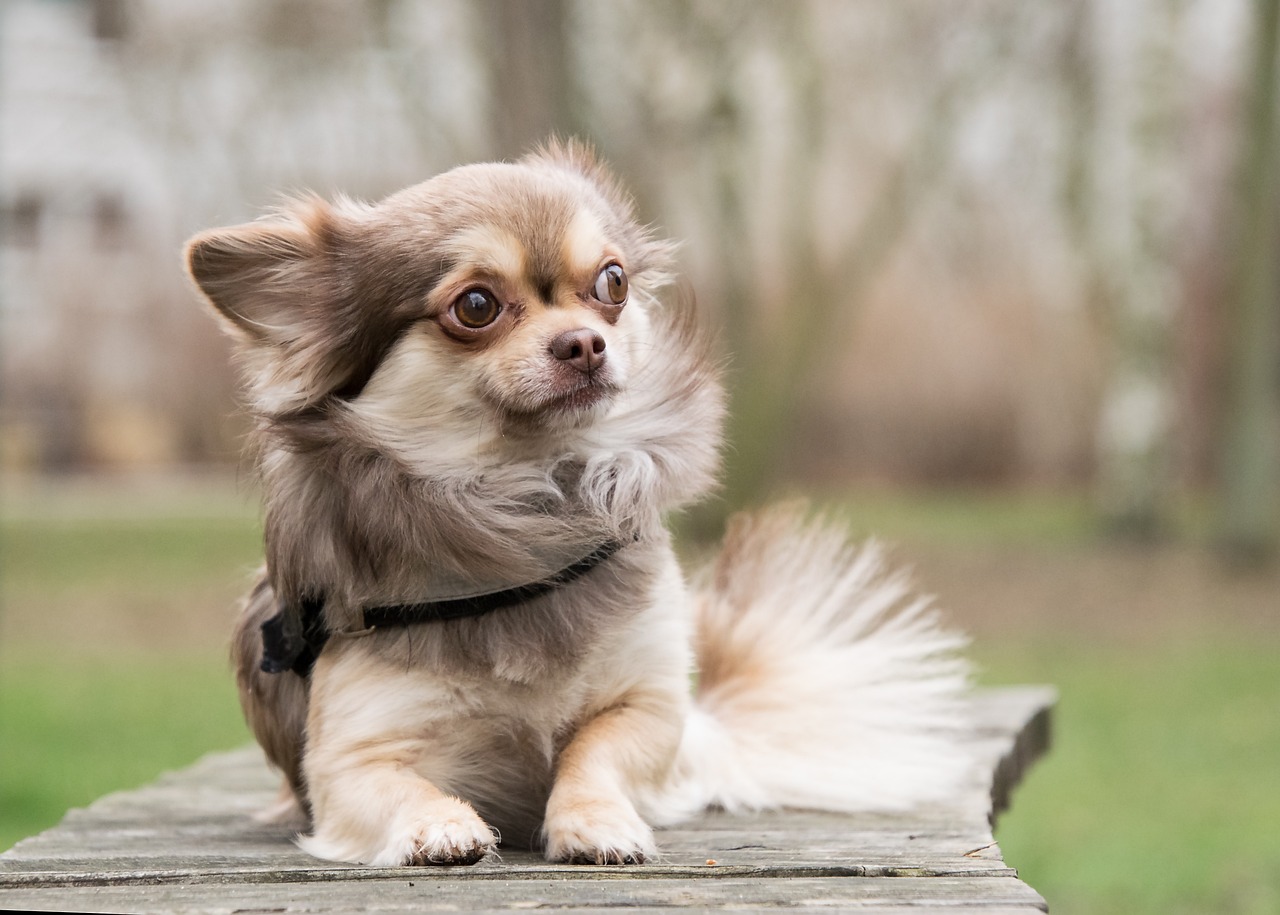
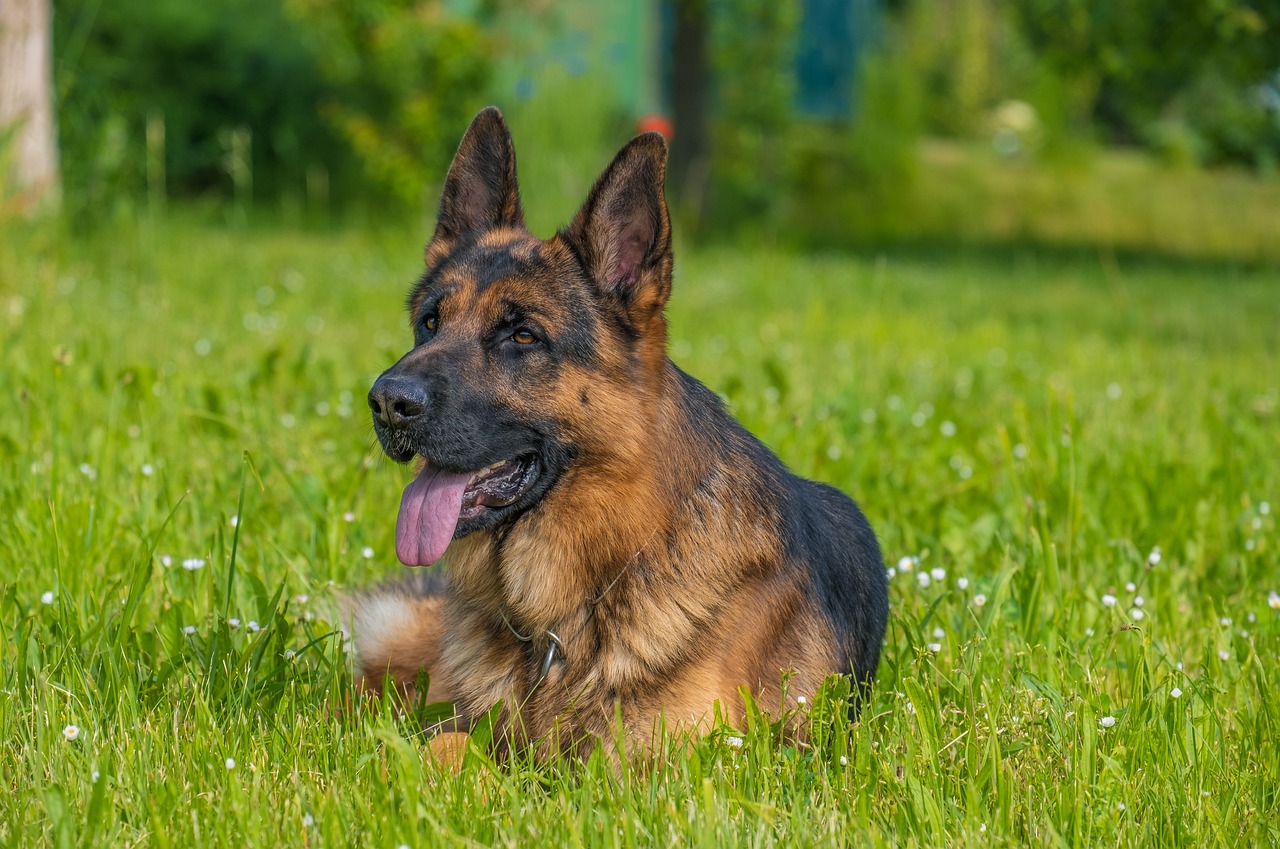

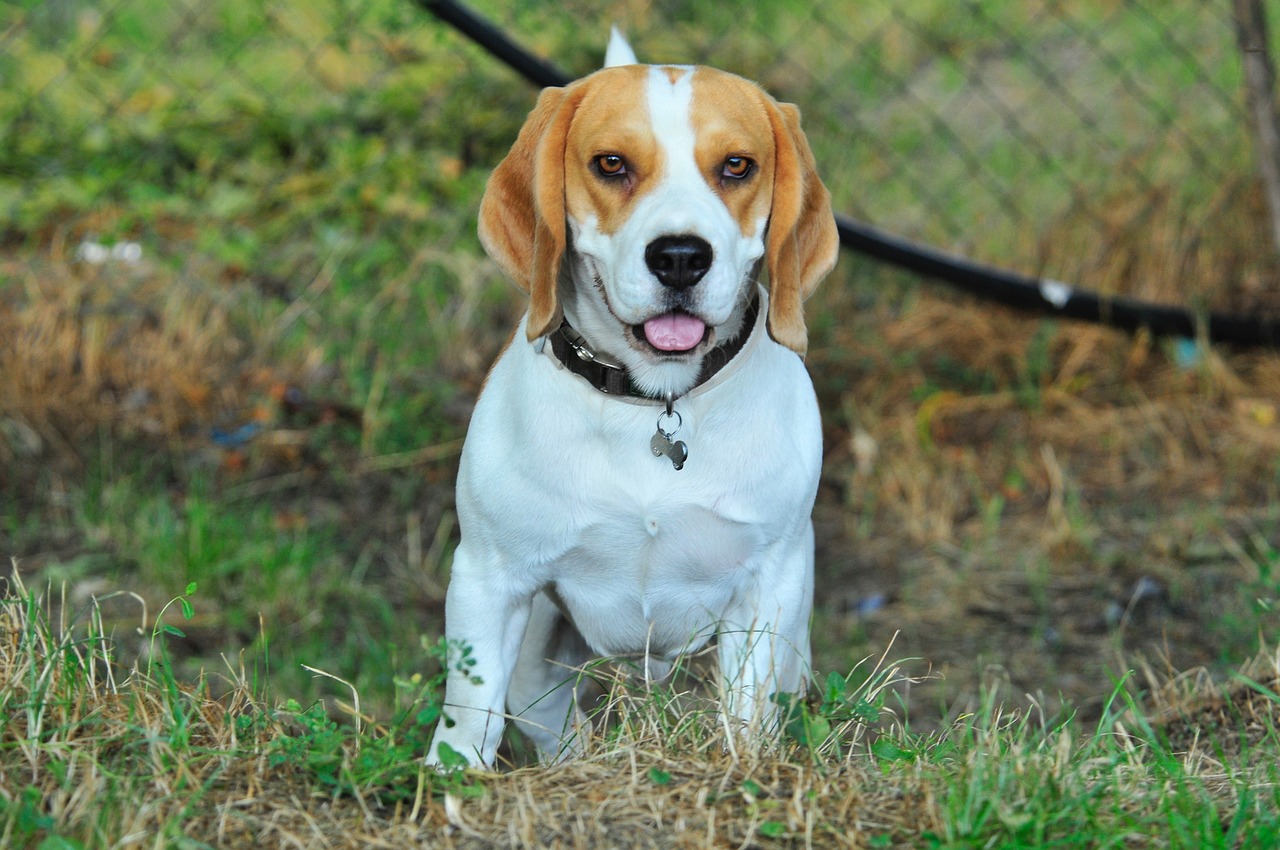
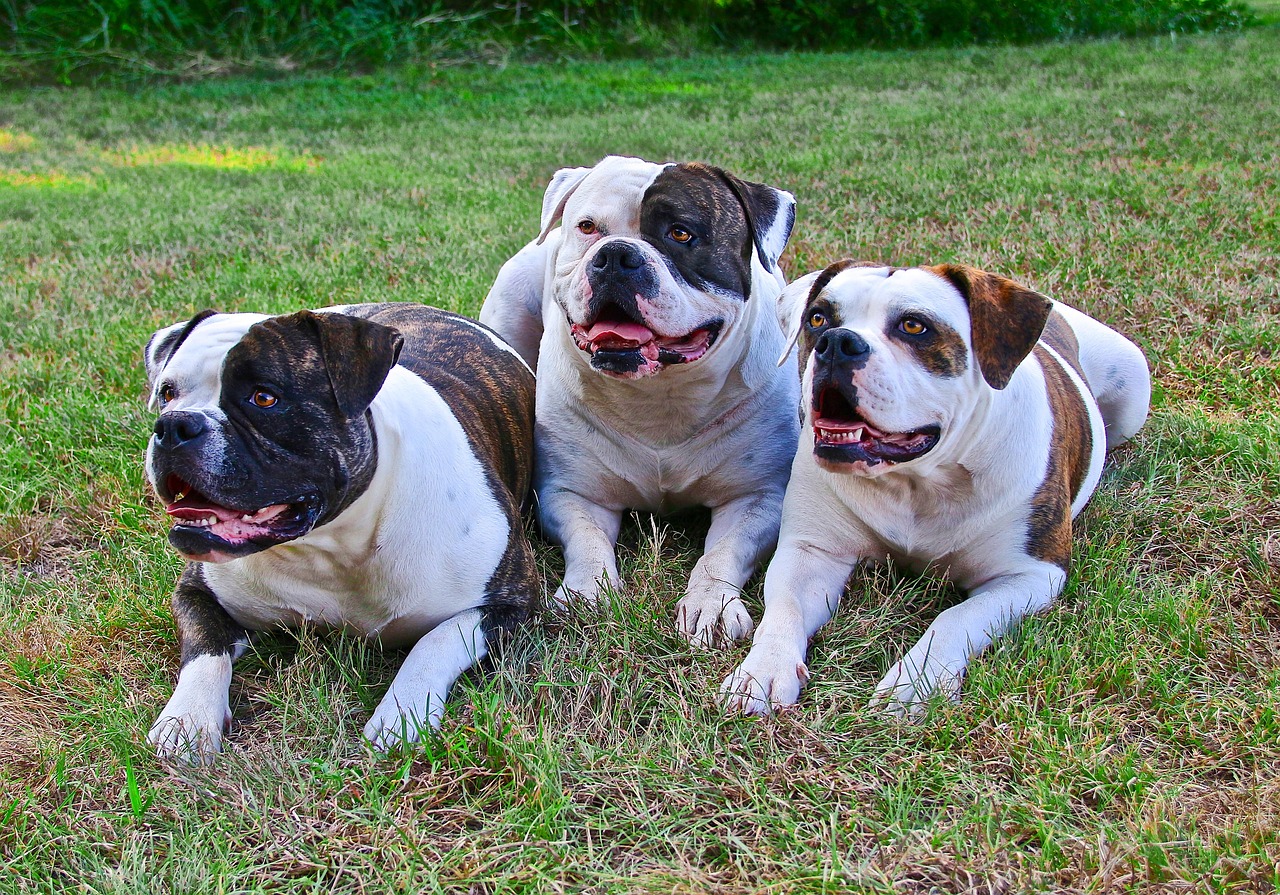

 Toledo, United States.
Toledo, United States.